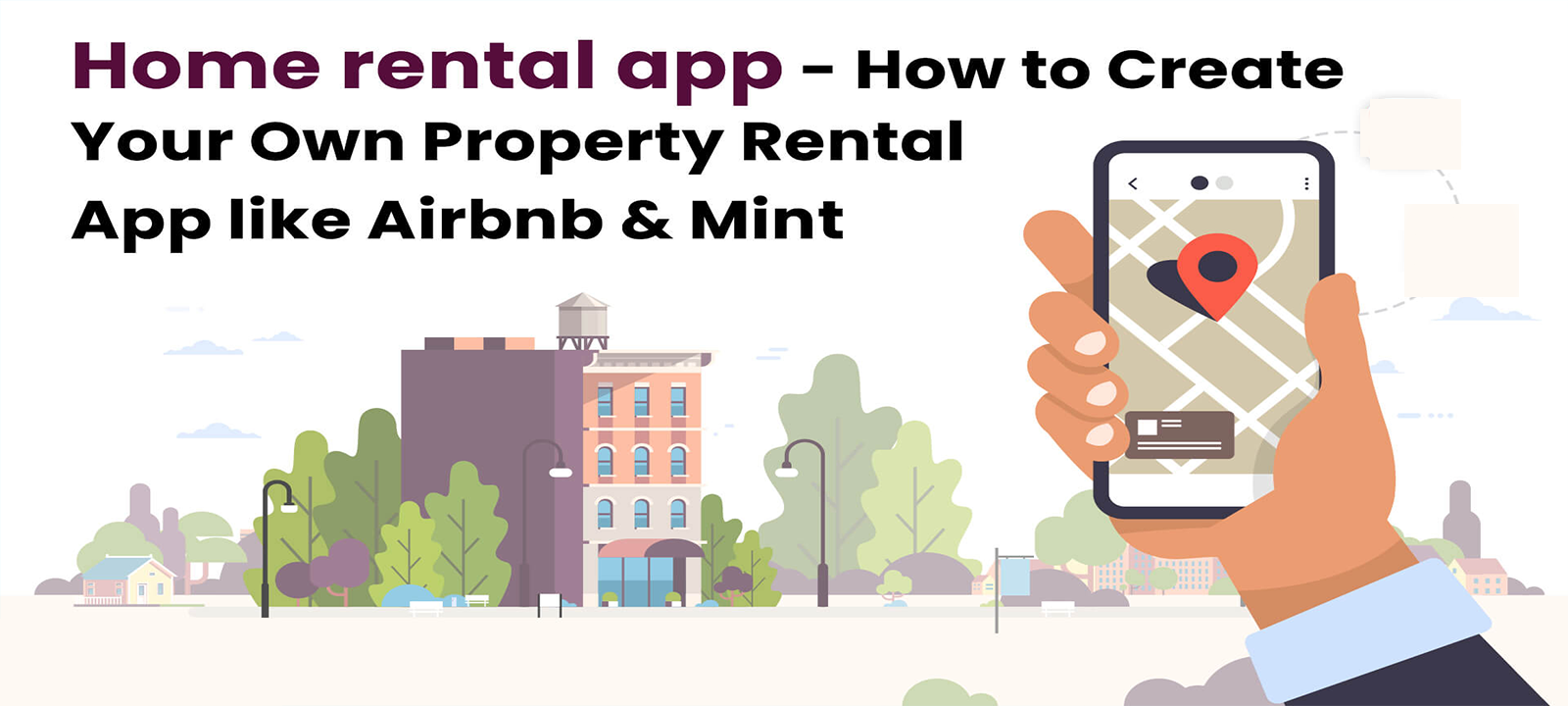Gone are the days when homeowning was a standard. The rent is the new attractive. Real Estate is investigating Space as a Service.
The expansion of rental interest made proptech center of investment. Following Airbnb and WeWork's achievement, property owners are truly reconsidering productivity. The worldwide property management software market is going to hit $12.89 bn by 2025. In only us, the PMS industry totals over 270,000 businesses.
So what is the property management software for real estate and how to construct it? How about we discover.
Use the plan to figure out how to make your property management application.
What is Property Management Software?
In the warming up rental market, property managers still carefully make step by step playbooks and normalized measures for everything – on paper! Envision a situation where I uncovered to you that the response to the bottlenecks, grumpy customers, and the frantic speculator is clear: programming for property the board.
Property management software helps and track back-office tasks, property-related functions, and accounts. It smoothes out owner-tenant-property-manager communication and provides a unified channel for better communication.
A PMS deals with benefit and client experience
The beauty of a PMS is in how it makes comfortable function sparkle with new tones:
Real-time access to information
Effective communications
Quick property inspections
Ease of administration
Security of sensitive data
Better tenant retention
Simple backup and recovery
Predictive analytics and big data access
Why assemble your property management software
Beginning with an off-the-rack solution isn't bad. Yet, as your portfolio grows, you'll consider getting into property management software development to save yourself from these:
No overhead expenses: Central participants (AppFolio, Propertyware, Buildium) cost altogether too high. On top of the regular payment, expect a hidden fee, similar to upgrade or maintenance costs, licensing charges, and per-seat costs, eating up your profitability.
Right highlights and UX: With a turnkey solution, you wind up paying for what you'd never use as opposed to for fundamentals. Also, you can never anticipate a 100% fit. The whole client excursion and scientific categorization might be diverse in the changing industry climate.
Development and adaptability: An instant framework doesn't develop at a similar movement or a similar way you need. So the future upgrades may not line up with your business needs. You can't anticipate that the framework should be there later on.
Forward similarity: A large number of the PMS's are legacy software, not agreeing to new norms. They use obsolete advances and design strategies, which makes it difficult to incorporate present-day administrations and APIs.
Freedom: At the point when your framework relies upon outside help, you have restricted customization alternatives. A SaaS stage may change its foundation prerequisites and your business will at this point don't agree.
Claiming a bespoke item, anyway basic yet custom fitted to your necessities, gives you the limitless opportunity, upper hand, and trust later on.
The most effective method to make custom property management software
Understanding your business needs is an extraordinary head start. Furthermore, adjusting this business vision to mechanical the truth is the following huge success. We should investigate these fundamental ideas of property management software development.
Property management software design :
Software design decides whether your item can be expanded and altered later on. Property management software isn't a special case here. A quality off-the-rack solution is stuffed with highlights and adds new ones without any problem. How would they do it?
A RE software design is a three-layered cake, with a UI, application layer, and a database.
UI
It has all the client confronting features that you can find in the software. Clients collaborate with your application through UI. The more instinctive the plan, the better to use it, the more joyful are the clients.
Application layer
That is the most complex piece of the product as it contains the application's rationale. It's vital to keep it isolated from different layers. You might need to use microservices design and save separate compartments for work process, ascertaining equilibriums and gatherings, overseeing authorizations, making reports, recording bills and installments, and so on if your software has an API to send and get information from outside frameworks, that also runs in this layer.
Database
It's the place where your information is put away. The application layer sends calls to peruse or compose the information. All property management systems have a database, mainly SQL, or MySQL, which is an open-source social data set.
Selecting a software development company
Your seller is your life partner who you trust altogether. That is the reason selecting a software development company is a long and painstaking cycle. Consider how these line up with your undertaking objectives:
Ability and experience. You're searching for a company that works in a specific space and innovation stack. They need to have a demonstrated record of building a comparative item. Their portfolio, social media presence, client feedback, and Clutch suggestions help a ton.
Communication and work process the board. Understand the degree of English capability. FYI, Ukrainian IT company boost English learning. Inquiry on communication channels and workflow management tools.
Culture fit, area, time regions. The success of your project depends on how effectively you can discover shared belief with your group. Is it protected to travel? Do you need a visa? What's the political and social atmosphere?
Cost, rates, valuing models. Common sense tells us the happy mean is the best, and software projects are no exception. Even it's enticing to pursue the cheapest quote, a definitive pay might be wealthy the ballpark. Make sure you choose a fitting pricing model for your project – Fixed Cost, Time and Material, or Cost Plus – and comprehend the cost breakdown.
Transparency and disposition. Great working conditions and by and large worker fulfillment add to hard-working attitudes. How well the company treats the workers shouldn't be an obscure element.
Last Word:
Why develop a property management system at this very moment? The reasons abound. The automation and effectiveness of a custom-made solution will drive productivity. Since proptech is startup-friendly, with a great opportunity for investing. You have an innovative business model that needs testing. Whatever are your thought processes, we can help you improve them.


